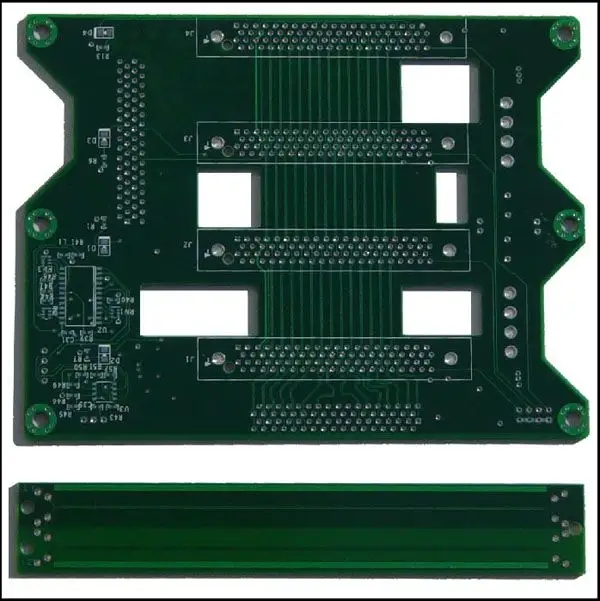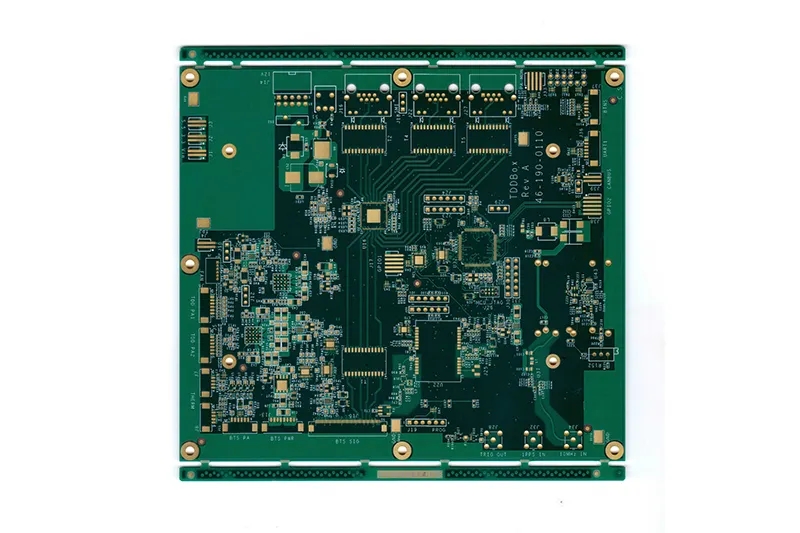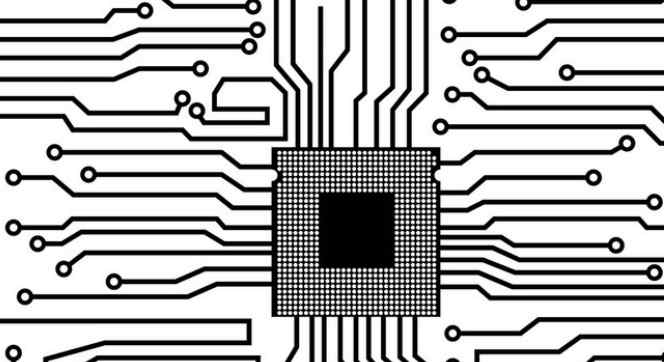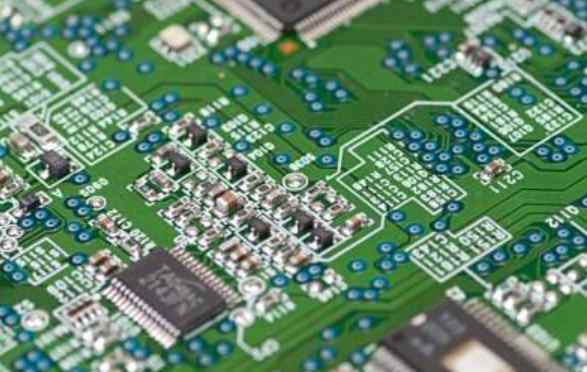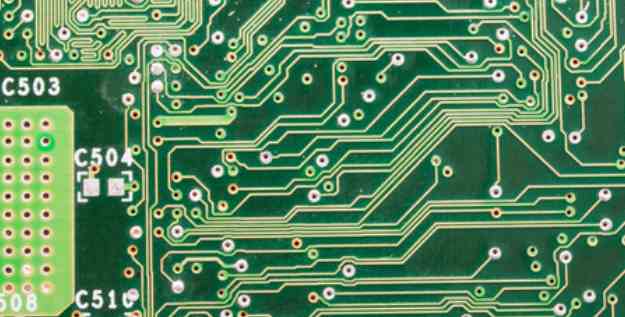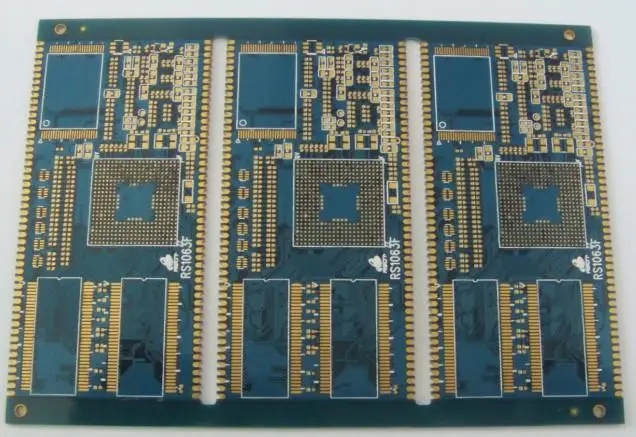
The Method to Judge the Quality of Steel Mesh and the Classification of SMT Scrapers
With the continuous development of SMT technology, the requirements for steel grids are getting higher and higher. The opening of steel mesh plate is small and thin, so it is difficult to judge its quality. But after a lot of production experience and scholars' research, we found that there are four main factors affecting the quality of steel mesh plate: opening shape, opening size, width thickness ratio and area ratio.
1. Opening shape:
There are many opening shapes of steel mesh plates, which are generally rectangular, square and circular. Rectangular openings have better demoulding efficiency than square and circular openings. Rectangular openings also have vertical openings, with the bell mouth up and down. In actual production and manufacturing, steel mesh plates should not have the opening shape with the bell mouth up, because the opening shape with the bell mouth up is easy to cause demoulding.
2. Opening size:
In order to control the quality problems such as solder balls or bridges in the welding process, the opening size of the steel mesh plate is generally slightly smaller than the size of the pad, especially for the fine pitch devices, the opening width should be 15% - 20% less than the width of the corresponding pad.
3. Width thickness ratio:
During printing, it is important to prevent the steel mesh from blocking. When designing the steel mesh opening, when the window length is less than 5 times the width, that is, when L<5W, consider the width thickness ratio, and consider the area ratio for others. Width thickness ratio=steel mesh width/steel mesh thickness=W/H. For lead printing, we require the width thickness ratio>1.5 to make the stencil have good leak printing performance; In lead-free printing, because the lead-free solder paste has a small proportion and poor wettability, the opening is larger, and the width thickness ratio is>1.7.
4. Area ratio:
If the window length is more than 5 times the width, i.e. L>5W, consider the area ratio, the area ratio=window area/window hole wall area=L * W/[2 (L+W) H]. For lead printing, in order to make the stencil have a good leaky printing, we require an area ratio>0.66; In lead-free printing, because the proportion of lead-free solder paste is small and the wettability is poor, the opening is larger and the area ratio is>0.7.

These are the four methods to judge the quality of stencil. Only by selecting a high-quality stencil, can the printing quality and production efficiency be effectively improved.
Classification and function of SMT scraper
In the SMT printing process, the quality of the scraper has an important influence on the printing quality. The scraper is classified according to the material shape.
1、 Classification of scraper:
Common scrapers can be divided into rubber scrapers and metal scrapers according to their materials. Nowadays, stainless steel metal scrapers are mostly used; According to the shape, it can be divided into diamond scraper and trailing scraper, and trailing scraper is mostly used in production.
1. The rhombic scraper is composed of a square with a section of about 10 * 10mm, which is clamped by a splint to form a 45 ° angle on both sides. This scraper can work in two directions, and will skip the solder paste at the end of each stroke. Therefore, only one scraper is needed. However, it is easy to get dirty because the solder paste will run up. Its lack of flexibility means that it cannot stick twisted and deformed PCBs, which may cause leakage areas. Therefore, the rhombic scraper is rarely used now.
2. The trailing scraper is composed of rubber or metal with rectangular section, supported by a splint, and requires two scrapers, one in the direction of printing travel, without skipping the solder paste strip. As the solder paste is between the two scrapers, the angle of each travel can be determined independently. The scraper with a length of about 40mm is exposed, while the solder paste only moves upward for 15-20mm, so this form is cleaner.
In fact, there are many kinds of scrapers. Later generations have done a lot of research on scrapers and made various improved scrapers, such as anti overflow scrapers and energy-saving scrapers.
2、 Function of scraper:
During printing, the scraper pushes the solder paste to roll in the front to make it flow into the template hole, and then scrape off the excess solder paste, leaving the solder paste on the PCB pad as thick as the template.
The circuit board manufacturer, circuit board designer and PCBA processing manufacturer will explain the method to judge the quality of steel mesh and the classification of SMT scraper.


